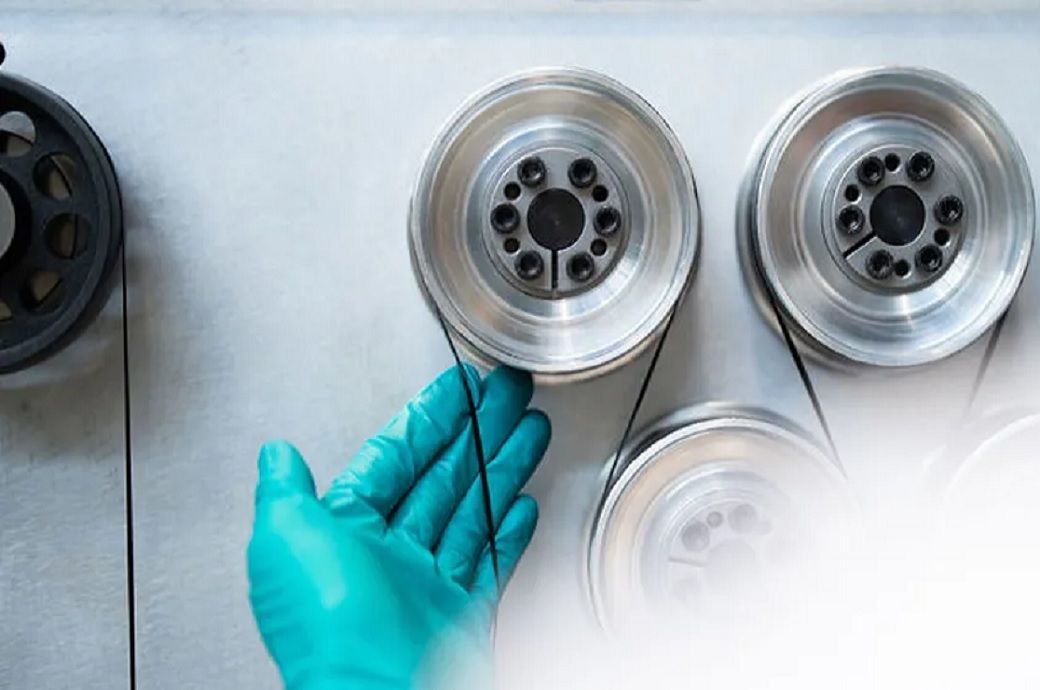
Elon Musk’s Neuralink is almost ready to start human clinical trials. Musk, who co-founded Neuralink in 2016, claims that the technology would “allow someone with paralysis to operate a smartphone with their thoughts faster than someone using their fingers.”
The Silicon Valley company is searching for a “clinical trial director” to monitor human testing after implanting artificial intelligence microchips in the brains of a macaque monkey called Pager and a pig called Gertrude.
Musk, the world’s richest man with a worth of $256 billion, stated last month that he was cautiously optimistic that the implants will allow tetraplegics to walk again.
“We aim to have this in our first humans next year, which will be individuals with major spinal cord injuries like tetraplegics and quadriplegics,” Musk shared based on The Guardian reports.
“I believe Neuralink has the potential to restore complete bodily functionality to someone who has had spinal cord damage,” he added.
“Neuralink is operating well in monkeys, and we’re currently conducting extensive testing to establish that it’s highly safe and dependable and that the Neuralink device can be securely removed,” he further added.
According to the video’s narrator, Neuralink works by capturing and interpreting electrical impulses from the brain using over 2,000 electrodes placed in sections of the monkey’s motor cortex that control hand and arm motions.
Although companies like Tesla Inc, SpaceX, and Boring Co., Musk has a history of bringing together various expertise to build technology that was previously exclusive to university labs. It’s not new to connect a brain to technology.
Doctors use electrodes implanted in the brain to administer stimulation to patients suffering from Parkinson’s disease, epilepsy, or chronic pain. Implanted sensors have allowed paraplegic individuals to control computers and manipulate robotic limbs in trials, but Musk’s suggestion goes farther.
Neuralink hopes to improve on present medical treatments and, in the future, focus on operations that might help with cognitive function.


:max_bytes(150000):strip_icc()/Health-GettyImages-2190548475-32f16dd1c0b0453f9de5c8c766097399.jpg)


